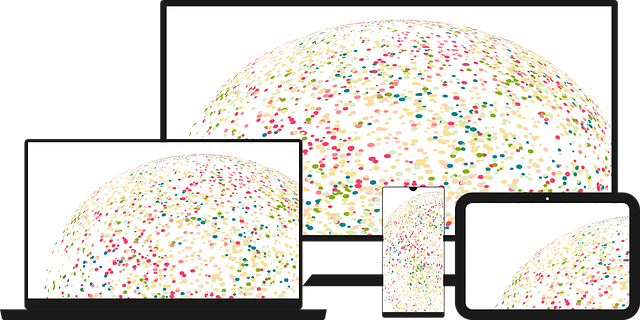Cities worldwide are harnessing AI chatbots and predictive analytics to tackle peak-hour traffic congestion. These virtual assistants analyze real-time data, including GPS and social media feeds, to predict hotspots and identify trends missed by traditional methods. By optimizing signal timings, suggesting routes, and adjusting public transport schedules, urban planners ensure smoother traffic flows. Moreover, AI chatbots provide personalized travel recommendations, improving user experiences. Beyond traffic management, these tools find applications in e-commerce through AI chatbot scripts for upselling supplements, offering real-time guidance, dynamic pricing, and enhanced customer satisfaction during peak hours, contributing to a more sustainable urban mobility ecosystem.
In today’s digital era, managing peak hour traffic goes beyond traditional methods. Predictive tools powered by AI chatbots are revolutionizing urban mobility. This article explores how these innovative solutions analyze and predict traffic patterns using sophisticated algorithms and natural language processing. We delve into the integration of predictive analytics for efficient traffic management and uncover the surprising role of AI chatbot scripts in upselling supplements during congested hours, enhancing the overall user experience.
- Understanding Peak Hour Traffic Patterns with AI Chatbots
- Integrating Predictive Analytics for Efficient Traffic Management
- The Role of AI Chatbot Scripts in Upselling Supplements During Peak Hours
Understanding Peak Hour Traffic Patterns with AI Chatbots

In today’s digital era, cities are leveraging AI chatbots to gain deeper insights into peak hour traffic patterns. These intelligent virtual assistants can analyze vast amounts of real-time data, from GPS tracking to social media feeds, to predict congestion hotspots and identify trends that might go unnoticed through traditional methods. By understanding these patterns, urban planners and transportation authorities can make informed decisions on traffic management, such as optimizing signal timings, suggesting alternative routes, or even adjusting public transport schedules.
AI chatbot scripts for upselling supplements aren’t just confined to e-commerce. In the context of traffic management, chatbots can be programmed to provide personalized travel recommendations to users, including suggestions for less congested routes or optimal times to travel. This not only enhances the user experience but also contributes to smoother, more efficient peak hour traffic flows. By integrating AI technology into urban mobility solutions, cities can strive towards creating a more livable and manageable environment for their residents and visitors alike.
Integrating Predictive Analytics for Efficient Traffic Management

Integrating predictive analytics into traffic management systems offers a game-changing approach to tackling peak hour congestion. By leveraging machine learning algorithms and AI chatbot scripts, transportation authorities can gain valuable insights into travel patterns, identifying hotspots and potential bottlenecks well in advance. This enables them to make data-driven decisions, such as dynamic pricing for toll roads or adjusting public transport schedules, thereby easing traffic flow and reducing commute times.
Moreover, these predictive tools can enhance overall efficiency by forecasting future trends. For instance, AI chatbots integrated into transportation apps could provide real-time guidance, suggesting alternative routes based on current traffic conditions. This proactive approach not only benefits commuters but also contributes to a more sustainable and responsive urban mobility ecosystem, ultimately transforming the way cities manage their traffic during peak hours.
The Role of AI Chatbot Scripts in Upselling Supplements During Peak Hours

During peak hours, when traffic congestion is at its highest, AI chatbot scripts for upselling supplements can play a significant role in easing the burden on human customer service representatives. These chatbots are equipped with sophisticated natural language processing (NLP) capabilities, enabling them to interact with customers, understand their needs, and offer personalized product recommendations. By leveraging machine learning algorithms, the chatbots analyze past purchase data, browsing behavior, and real-time interactions to suggest relevant supplements that can enhance drivers’ experiences during their commute.
Furthermore, these AI chatbot scripts can upsell complementary products, such as noise-canceling headphones or portable chargers, by presenting tailored offers based on the user’s profile. By seamlessly integrating with traffic prediction tools, these chatbots can provide timely interventions, ensuring customers make informed decisions while stuck in traffic. This not only enhances customer satisfaction but also contributes to smoother peak hour traffic management.
Predictive tools, such as AI chatbots, are transforming traffic management during peak hours. By understanding complex patterns and integrating advanced analytics, these solutions optimize flow and enhance efficiency. Moreover, AI chatbot scripts can effectively upsell supplements, providing a unique opportunity to generate additional revenue. As we continue to navigate the digital age, these innovations ensure smoother commuting experiences while exploring innovative ways to monetize services through AI-driven upselling strategies.
